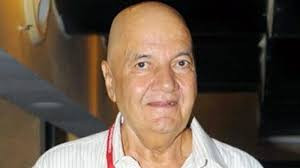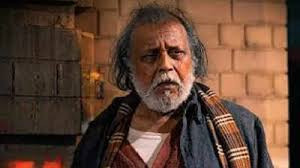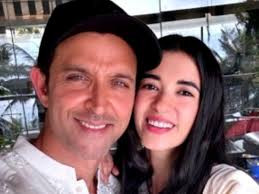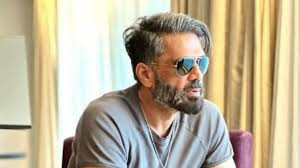Gaurav Taneja Defends Fallen Air India Pilots, Calls Out Corporates for Seeking Easy Insurance Claims
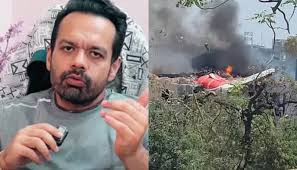
IIE DIGITAL DESK : The powerful response to speculation surrounding the tragic Air India crash in Ahmedabad on June 12, renowned YouTuber and former pilot Gaurav Taneja—better known as Flying Beast—has come to the defence of the deceased cockpit crew. He criticised corporate tendencies to blame pilots posthumously, suggesting such narratives often serve to ease liability and insurance complications for airline companies.
The Boeing 787-8 Dreamliner crashed shortly after take-off, resulting in the loss of 241 lives. Amid swirling rumours on social media alleging pilot error—specifically the mistaken retraction of flaps instead of landing gear—Taneja used a video to debunk these theories. Drawing from his years of aviation experience, he made clear that the flap and gear controls are positioned far apart in the cockpit, making such confusion highly improbable. Moreover, he emphasised the redundancy of cockpit design, stating that even in the unlikely event one pilot makes an error, the other has sufficient time—about 18 seconds—to recognise and correct it.
Taneja pointed out: “It’s very easy to blame the pilots when they are not there to defend themselves. Boeing and Air India both are big companies, so let’s blame the pilot… It gets easy to claim insurance if you blame it on the pilot.” His remarks highlighted a disturbing pattern where airline operators may shift focus onto crew mistakes to shield themselves from legal and financial repercussions.
Adding technical clarity, Taneja stressed the improbability of flap-gear confusion leading to disaster. He said that even if such a mistake did occur, the aircraft is certified to maintain flight under one engine and full weight. In addition, most airlines incorporate multiple fail-safes to ensure corrected control actions—reinforcing his argument that attributing the cause solely to pilot error is overly simplistic.
Beyond refuting technical errors, Taneja addressed what he perceives as a broader prejudice against Indian pilots. He noted that some foreign observers were quick to suggest a lack of competence, but he firmly defended their skills. “Americans think Indian pilots aren’t very competent but that’s not the case,” he said. He also urged caution, reminding viewers that all current theories are speculative until official investigation concludes.
The crash has sparked an intense national and international conversation about aviation safety, pilot training, and the responsibility of corporate entities. Legal, technical, and regulatory authorities are already mobilising: a 24-hour legal helpline in Gujarat has been set up to assist the families of victims with documentation, compensation claims, and legal counsel .
While investigators delve into black box data, maintenance logs, and flight recordings, voices like Taneja’s play a critical role in steering public discourse away from blame and toward professional, systematic inquiry. His stance also raises an important question: are airlines too quick to hide behind “pilot error” when accidents occur? Taneja’s high-profile critique may prompt more scrutiny of this issue as the world awaits the final accident report.
You might also like!



